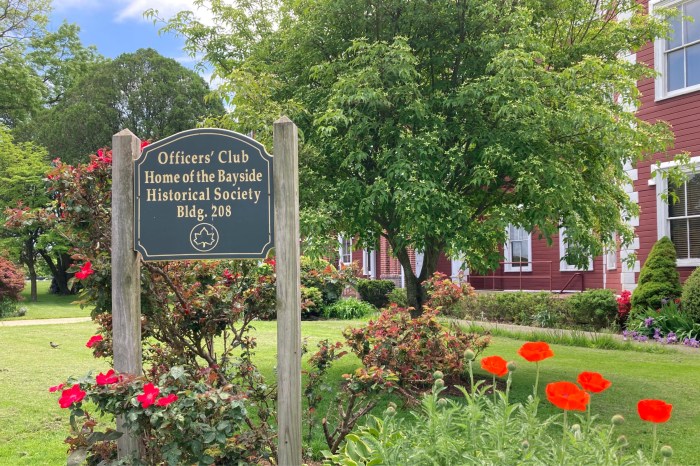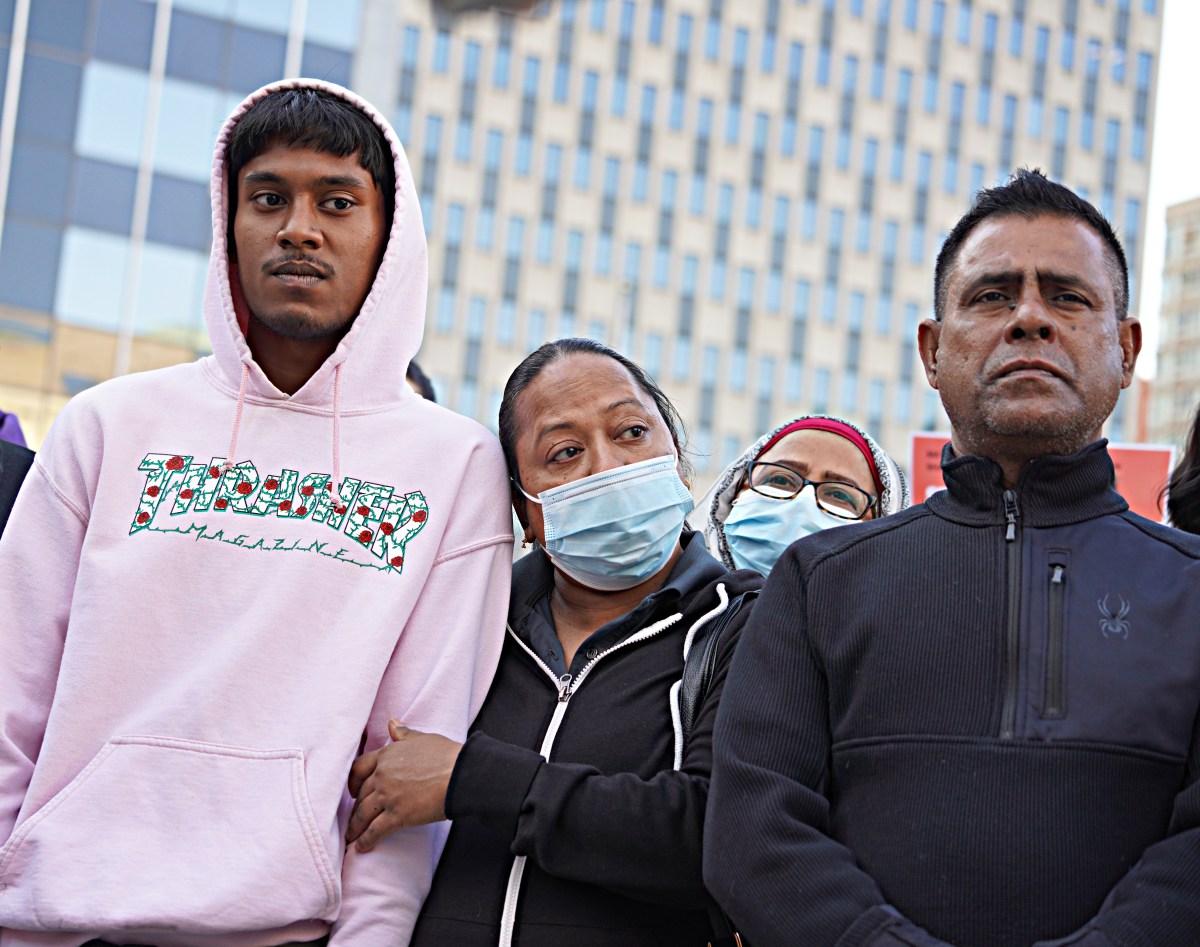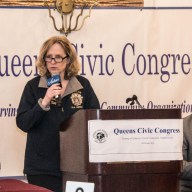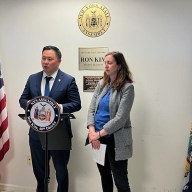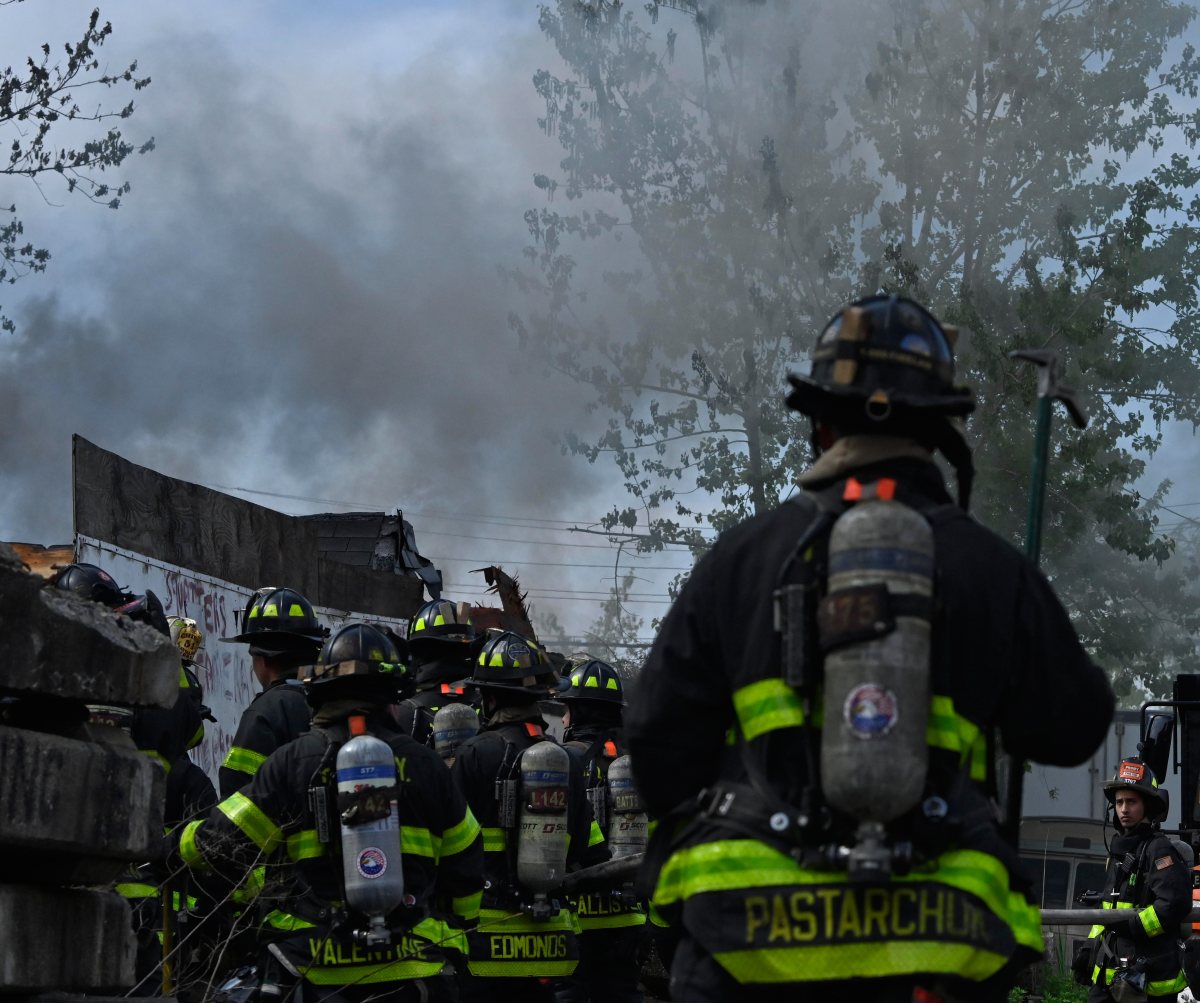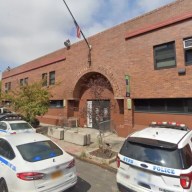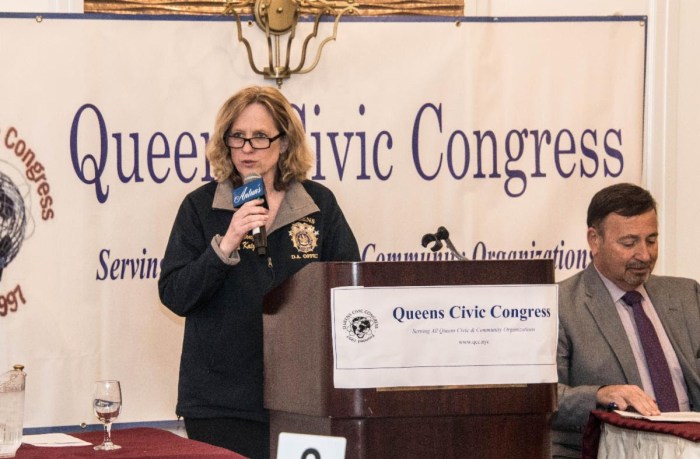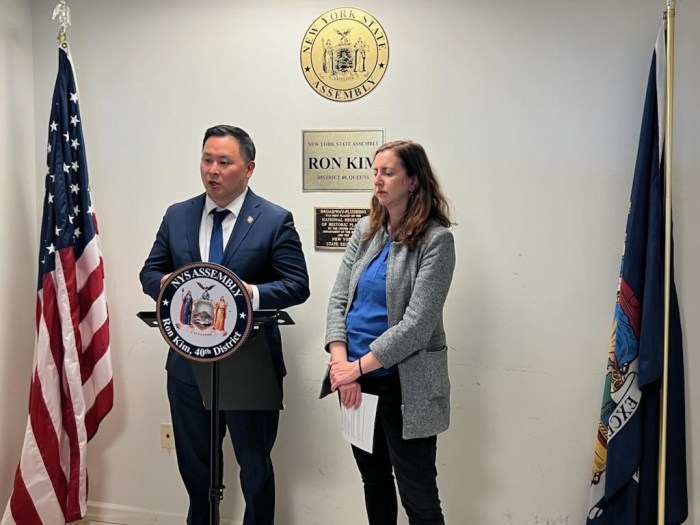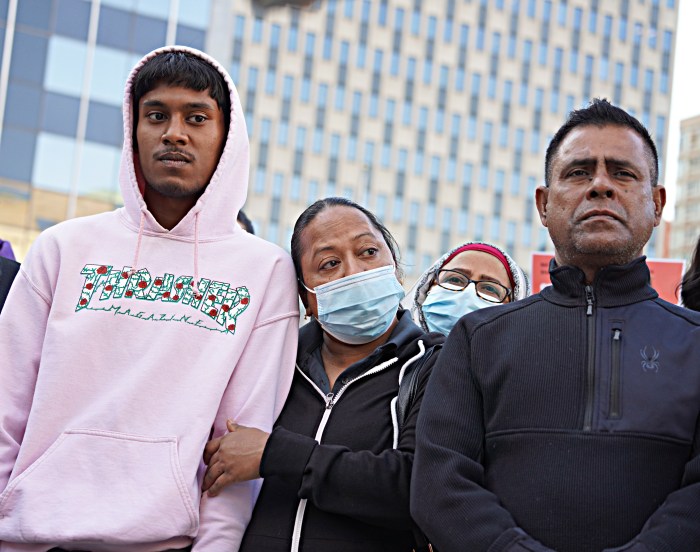By Michèle De Meglio
Schools and the medical industry are joining forces to provide health care to low-income children. Brooklyn CareWorks, which places therapists in city schools, is working with educators to register uninsured students for health insurance through state-run programs. The goal is to have kids covered so they can receive mental health care from therapists working in public schools. Insurance is necessary to receive care, as funding for these particular programs is limited. “Government funds that made school-based programs economically possible for many years were cut several years ago, and many agencies like ours have been struggling to make up the funding difference since then by shifting resources and downsizing programs,” explained Dr. Pamela Straker, president and CEO of Brooklyn CareWorks. “Additionally, some of the other support services provided by our on-site therapists, such as teacher consultations, can’t be billed to insurance carriers.” Therapists say their presence is vital in schools to offer support to children struggling to adapt to their body’s physical, mental and emotional changes. Josephine Santarpia, who has been the guidance counselor at M.S. 88 in the South Slope since 1980, said students in public schools face serious issues like psychological abuse, suicidal thoughts, and self-cutting, which is a sign of physical or sexual abuse and depression. “Brooklyn CareWorks began placing therapists in elementary, middle and high schools in the New York City public schools more than 25 years ago,” Straker said. “During that time, we’ve been able to help thousands of children overcome their personal and school-related problems by providing them with the tools they need to thrive and succeed.” Ailene Mitchell, principal of M.S. 88, said mental health care is essential in New York City’s public schools. She plans to apply for grants and redirect funding so the three therapists at M.S. 88, located at 544 7th Avenue, can remain on the job. “I have a community of adolescents who really need these services,” Mitchell said. “I want to keep these services.”

